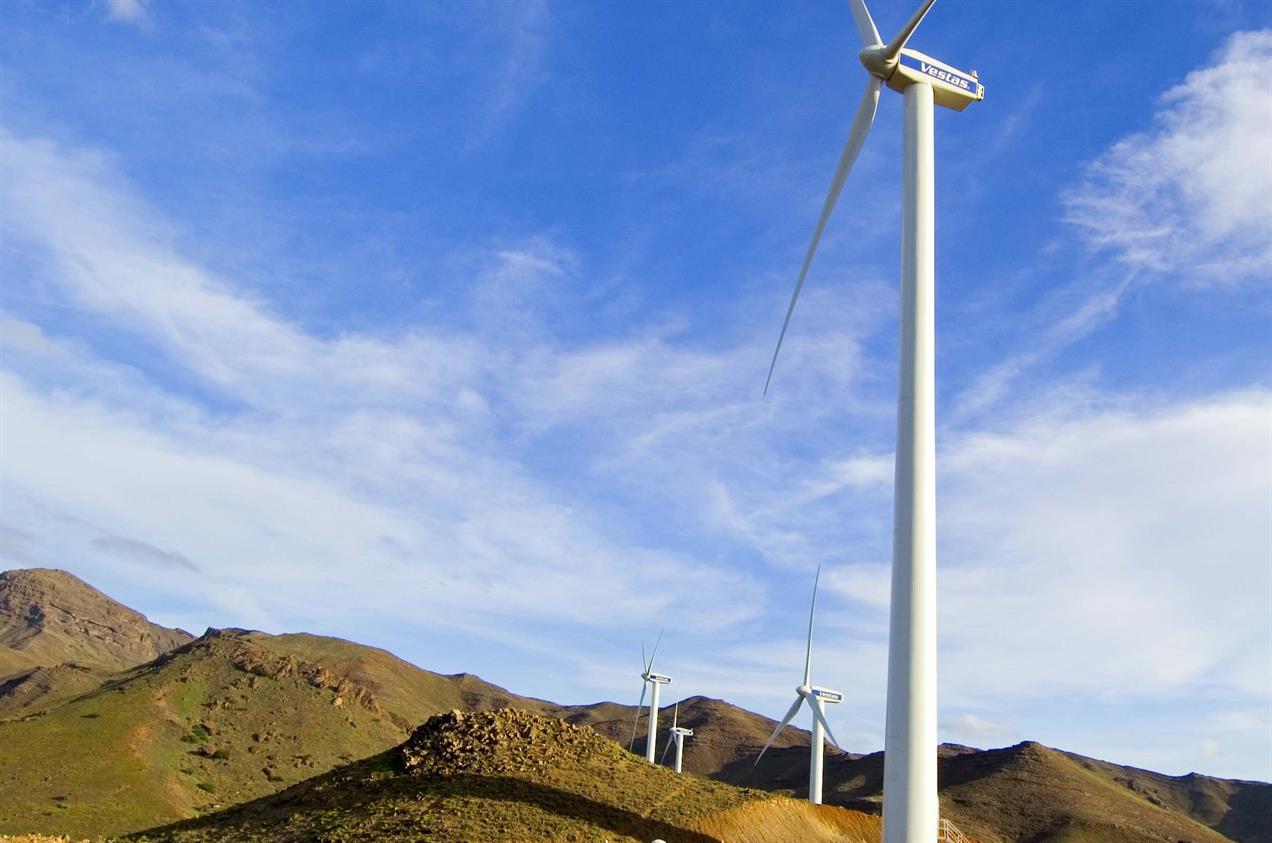As the wind industry slows in its traditional heartland of Europe and North America, so it is turning towards the emerging markets of Latin America, Africa, eastern Europe and central Asia. At the same time, however, events such as the recent upheaval in wind-rich Crimea and continued turmoil in the Middle East and North Africa (MENA) have made political risk a hot topic in the wind sector.
Companies entering these new and unfamiliar markets have to consider a whole raft of potential risks, ranging from project delays, regulatory complications and off-taker default to outright confiscation. When governments in unstable countries fall, there is a high risk of contracts being reviewed, delayed or simply not fulfilled by the new regime, notes Firas Abi Ali, head of MENA country risk and forecasting at global information company IHS. Problems may also arise with currency inconvertibility and transfer restrictions. And in Mexico, militant opposition by local indigenous groups demanding improved land-lease and spin-off terms appears to have forced the abandonment of the 396MW Marena project.
Until now, the main means of hedging against such risks have been guarantees offered by the World Bank’s Multilateral Insurance Guarantee Agency (Miga), development finance institutes and credit export agencies, provided the projects meet certain conditions. Now the first private-political risk insurance (PRI) policy for renewables in emerging markets has been launched by GCube, a leading underwriter for renewable-energy projects, in response to the growing demand.
Insurance angle
One advantage of the policy, which applies to the cross-border equity investment, is that it can be bolted on to project insurance rather than having to source it separately, explains Jatin Sharma, business development leader at GCube. It offers cover of up to $50 million per project, with a usual term of three years, although this can be extended. The private insurance market typically cannot offer periods beyond five years for power projects, Sharma explains. However, there are no "get-out clauses", unlike Miga deals, which are generally 15-20 years but which allow for an insurer to walk away earlier if certain clauses are not met, he adds. Premiums range from 0.4% to 3% of the equity investment. To take an extreme example, the premium for a 50MW German-developed project in Ukraine costing €60 million, with a 80:20 debt/equity split, at a rate of 3%, would currently be €360,000 annually.
PRI will "alleviate some of the worries of nervous capital considering going into emerging markets", Sharma believes. Now that development banks support projects in these countries, there is a trend towards non-recourse project finance with commercial banks, which tend to be wary. In such cases, PRI could help developers obtain project finance and lower borrowing costs.
Sharma sees GCube’s policy being particularly useful in markets moving from pilot projects, which are generally built under public-private partnerships or with softer financing, to larger projects supported by commercial debt.
"If you’re in Africa and don’t pursue any political-risk insurance, you might reduce the investor pool," notes Fabio Borba, developer of the Cabeolica project in Cape Verde for Eleqtra, which specialises in emerging economies. Borba welcomes the arrival of a newcomer providing more competition. "A commercial insurer might be more flexible in its engagement with lenders," he argues.
Emerging markets
Feng Zhao, research director at Navigant Research, agrees. The new offer is a good thing as the industry expands into emerging markets, he says, although he wonders if cover of up to $50 million will do much to help utility-scale projects expand globally. "In general, however, it shows a positive signal to the industry in countries where uncertainty is a challenge," he adds.
For Carlo Van Wageningen, chairman of Kenya’s Lake Turkana Wind Power, having more players can only be beneficial to investors. His company struggled for three years to obtain adequate guarantees for the 300MW project, until the Kenyan government and the African Development Bank stepped in. Securing the risk guarantees "and thereby the comfort of equity investors and international lenders has arguably been the biggest hurdle in developing Lake Turkana and bringing the project to financial close", Van Wageninen says.
Protecting projects against political risk
Insurance: Political and financial risk in places like Crimea, combined with the wind industry making the natural move into emerging markets, has prompted the launch of the first private political-risk insurance policy.




.png)
HR.jpeg)
.png)








